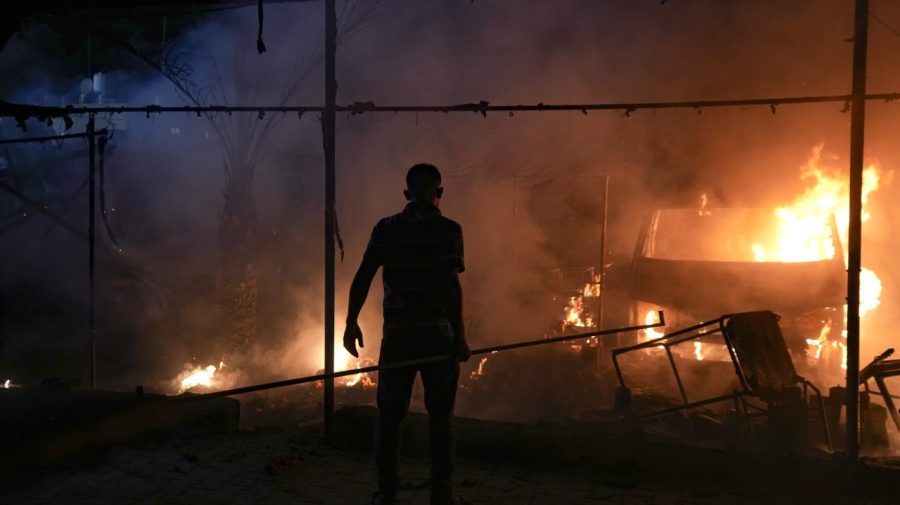The Integrated Food Security Phase Classification (IPC) recently issued a critical report indicating that citizens in Northern Gaza are facing an immediate and substantial threat of extreme famine. In defining famine, the IPC highlights that a scenario qualifies as such when at least 20% of households in a specified area are experiencing an acute lack of food. Alarmingly, the IPC forecasts an extreme famine is likely to occur between November 2024 and April 2025, underscoring that food access has reached critically low levels and is deteriorating at an alarming rate. These claims come in the wake of heightened conflict in Gaza, which began after the Hamas attacks on October 7, 2023, and has escalated tensions with neighboring countries such as Lebanon and Iran.
The IPC report reveals that the dire predictions initially modeled by analysts are now manifesting in the northern parts of the Gaza Strip. The agency asserts that starvation, malnutrition, and mortality rates due to these issues are increasing exponentially in the region. In fact, the report suggests that famine thresholds may have already been surpassed or could be within imminent reach, indicating an escalating humanitarian crisis. This deterioration paints a grim picture of the realities on the ground, as affected families are struggling to secure even the most basic food supplies in a region that has been progressively destabilized.
Non-governmental organizations, such as Oxfam, have echoed the IPC’s grave warnings about the humanitarian situation. Oxfam’s Middle East Director, Sally Abi Khalil, articulated the catastrophic reality in Northern Gaza, where families reportedly have no access to food. The crisis is not isolated to the north, as the situation in Southern Gaza is also deteriorating rapidly, with food supplies depleting across local markets, particularly in areas like Deir El Balah. Oxfam has stressed that the threat of famine has been looming for months, despite their repeated calls for increased humanitarian aid, many of which have gone unheeded due to obstacles in delivering assistance.
Israel’s recent parliamentary legislation, which prohibits the United Nations Relief and Works Agency (UNRWA) from conducting operations within its borders, adds to the complexities surrounding the humanitarian response in Gaza. The IPC has urged urgent intervention from the Israeli government to provide food aid and support for the ailing population in Gaza, emphasizing the need for immediate action as conditions worsen. The report highlights the vulnerability of Gaza’s residents, who have endured years of conflict, displacement, and infrastructure destruction, leaving them critically exposed to food insecurity.
The IPC emphasizes that the rapid pace of this humanitarian deterioration deviates sharply from what was widely considered the most likely scenario for the region. Responding to this unprecedented urgency requires swift action from local and international stakeholders. The IPC stresses that solutions must be implemented within days rather than weeks to avert a full-fledged famine and mitigate the suffering of millions of affected individuals. As efforts to deliver aid continue to face bureaucratic and logistical challenges, the resolution of these issues becomes increasingly pivotal in addressing the looming disaster.
In conclusion, the situation in Northern Gaza is becoming increasingly dire as reports indicate an imminent risk of extreme famine due to ongoing conflict, displacement, and severe food shortages. The IPC and humanitarian organizations like Oxfam are sounding alarm bells, urging immediate intervention to mitigate the crisis. The continuous challenges posed by legislative restrictions and the overwhelming demand for humanitarian support present significant obstacles. As the humanitarian landscape in the region continues to unravel, comprehensive action is essential to prevent further loss of life and restore some semblance of stability to Gaza.

